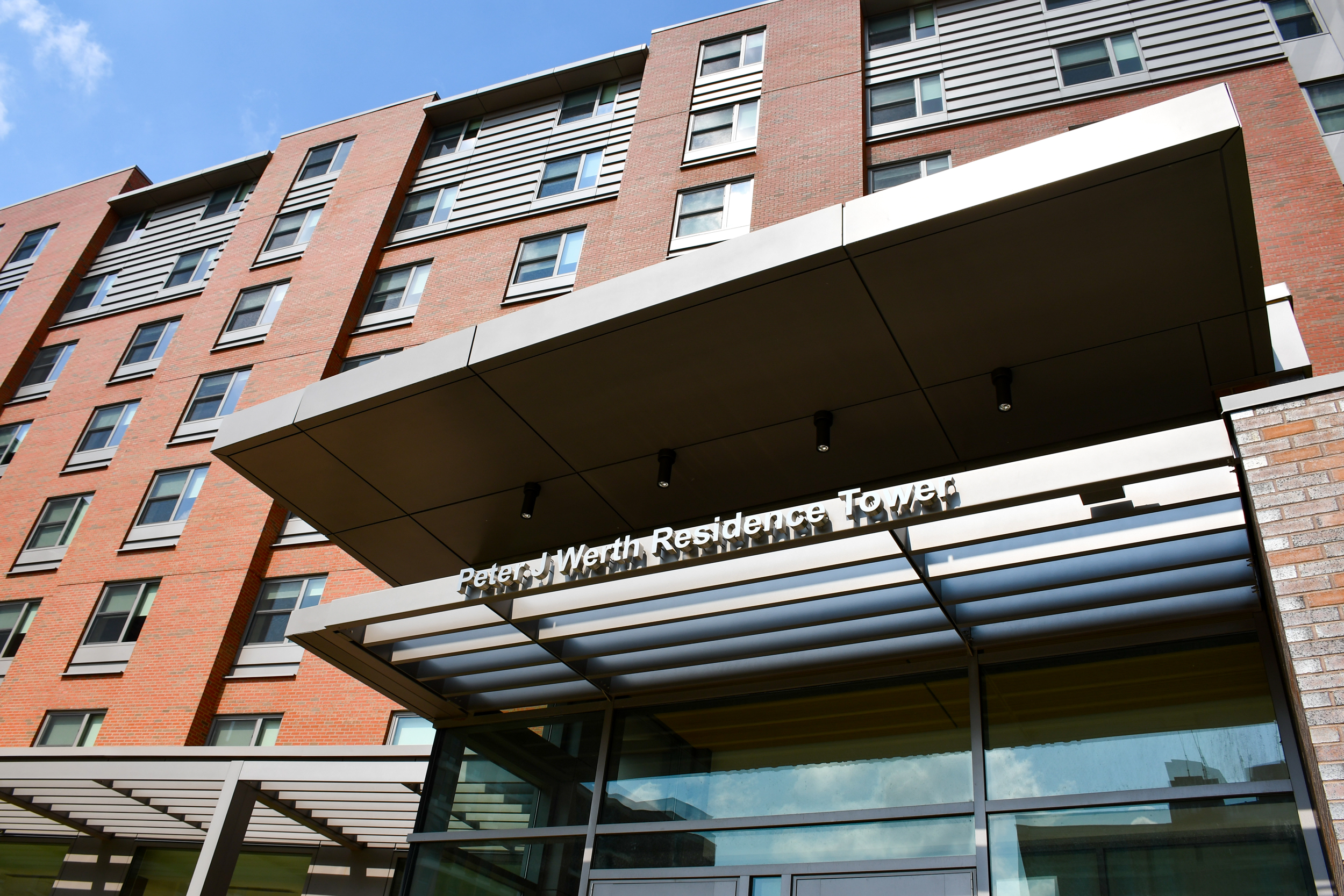“Neurodiversity” has become a familiar term across American society, but mere awareness of autism, ADHD, dyslexia, dyscalculia, dyspraxia, dysgraphia, and other neurological differences doesn’t mean much for the people who live with these – especially when it comes to finding work.

Studies differ on exact numbers, but the unemployment rate among neurodivergent people (a more precise term than neurodiversity) is definitely higher than among the overall population, probably by a double-digit factor.
“It’s not just awareness,” says Judy Reilly, the director of the Werth Institute’s Center for Neurodiversity & Employment Innovation at UConn. “The heavy lift is really in, OK, so now what do we do? How do we build a process to include these candidates better for the jobs they’re talented enough to do, and then how do we support them when we hire them?”
The new Center, under Reilly, is at the forefront of a growing move in higher education and the American workplace to appreciate the skills and talents of neurodivergent individuals, and create environments where they can succeed.
In this episode of UConn 360, Reilly talks about the shifting landscape in employment, the challenges of culture change in the workplace, and the reasons she’s so passionate about her work.
Listen to Reilly’s interview here:



